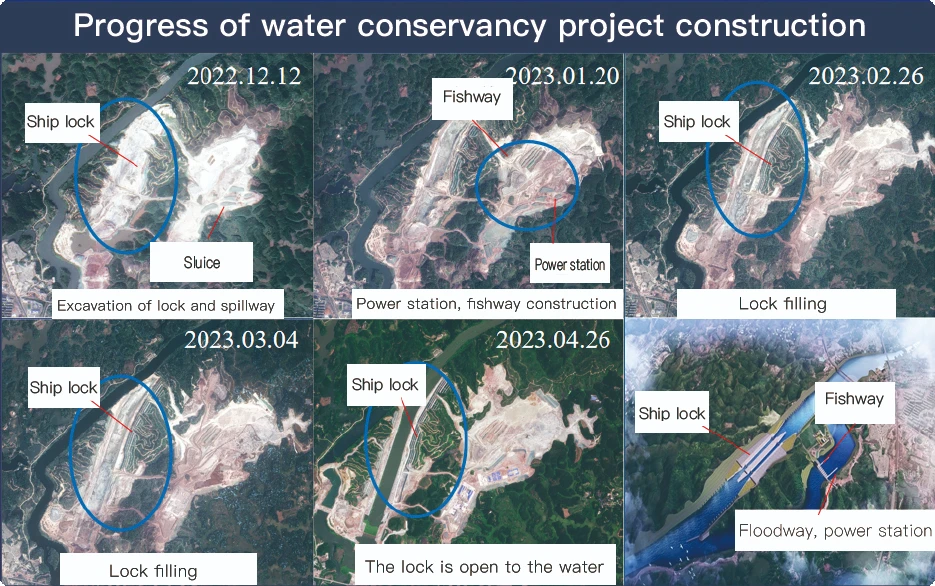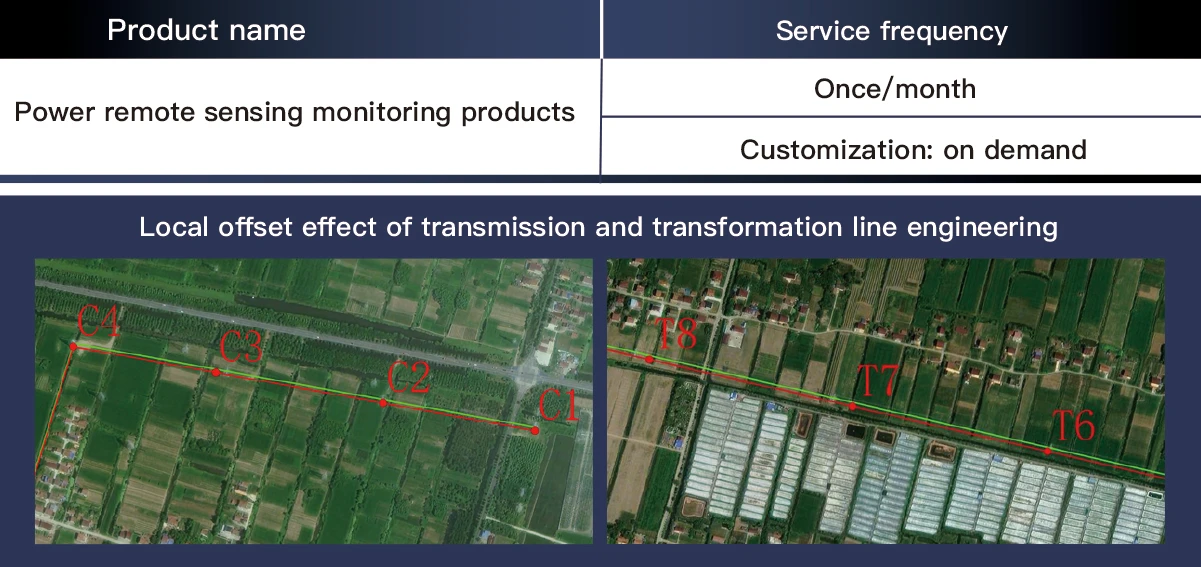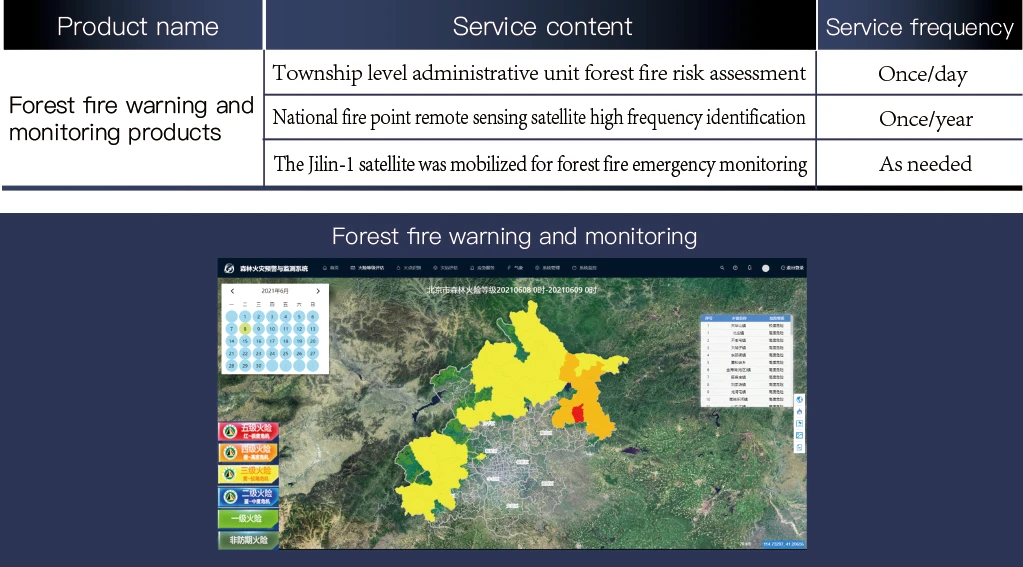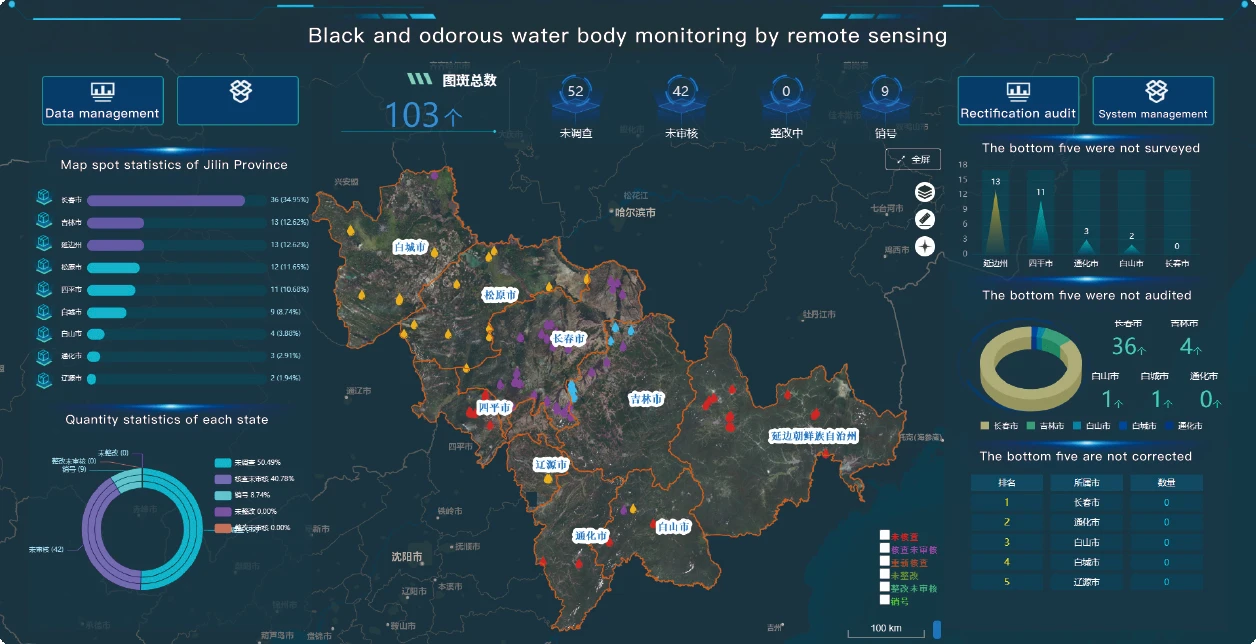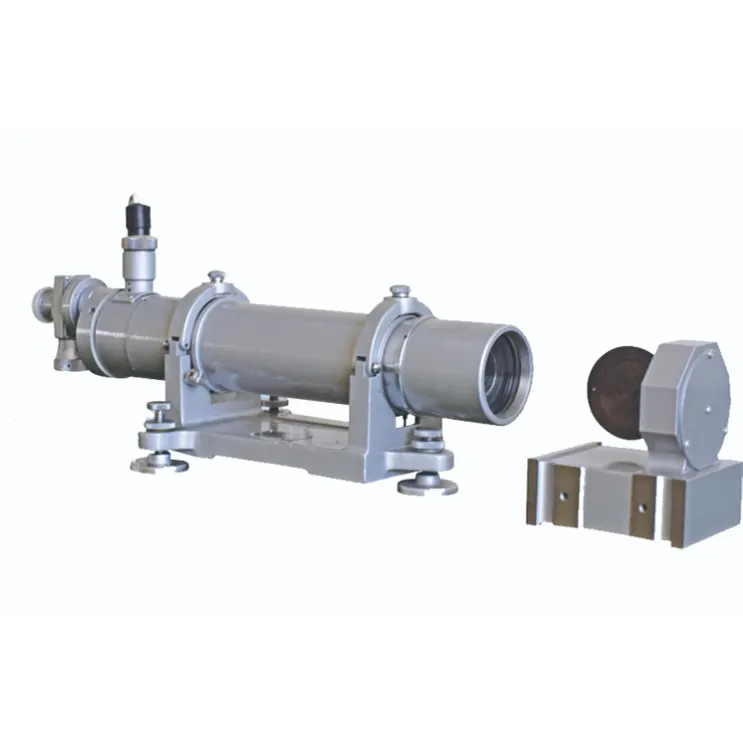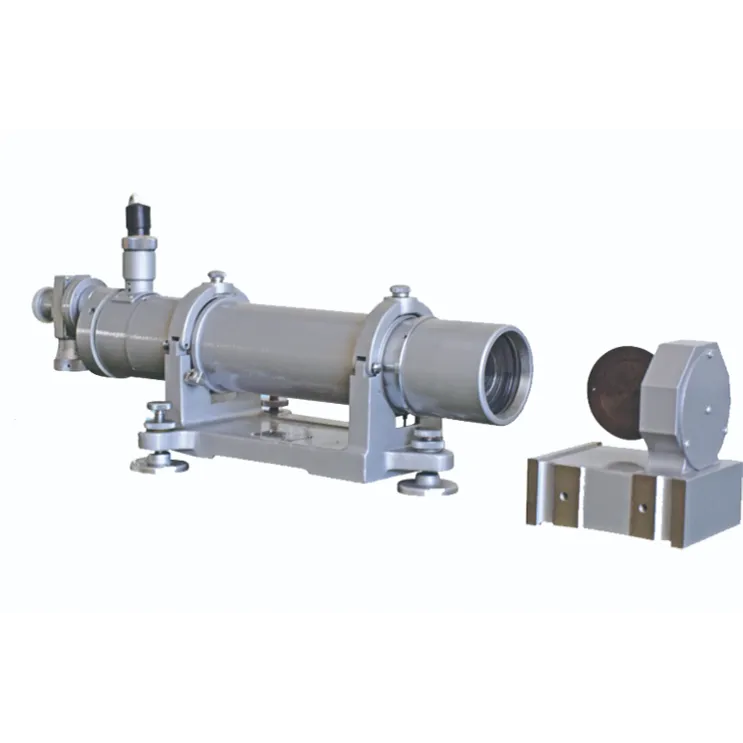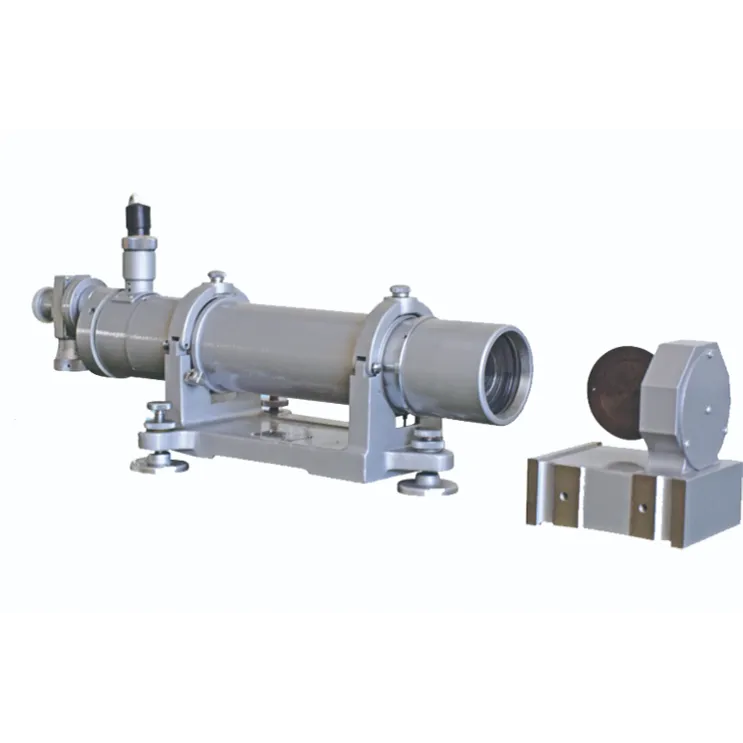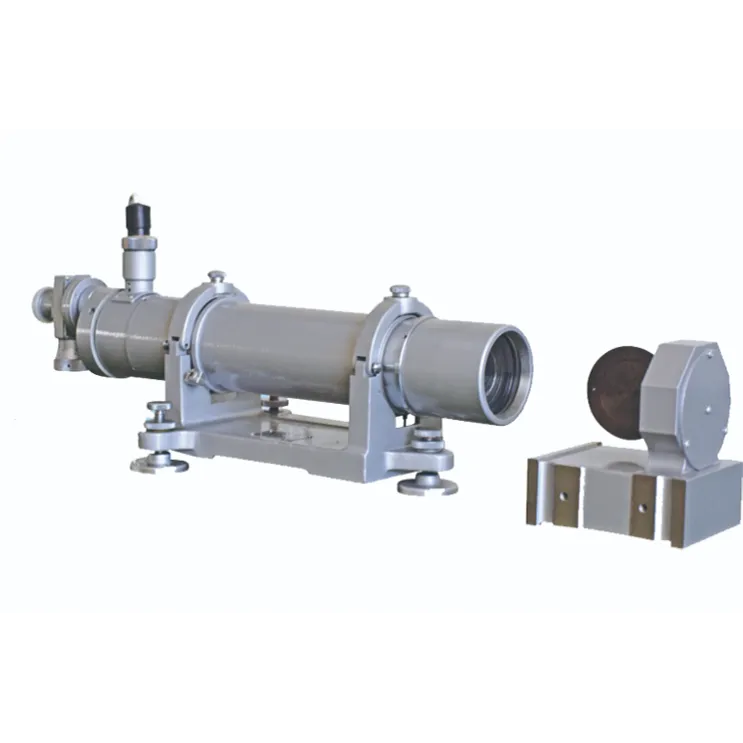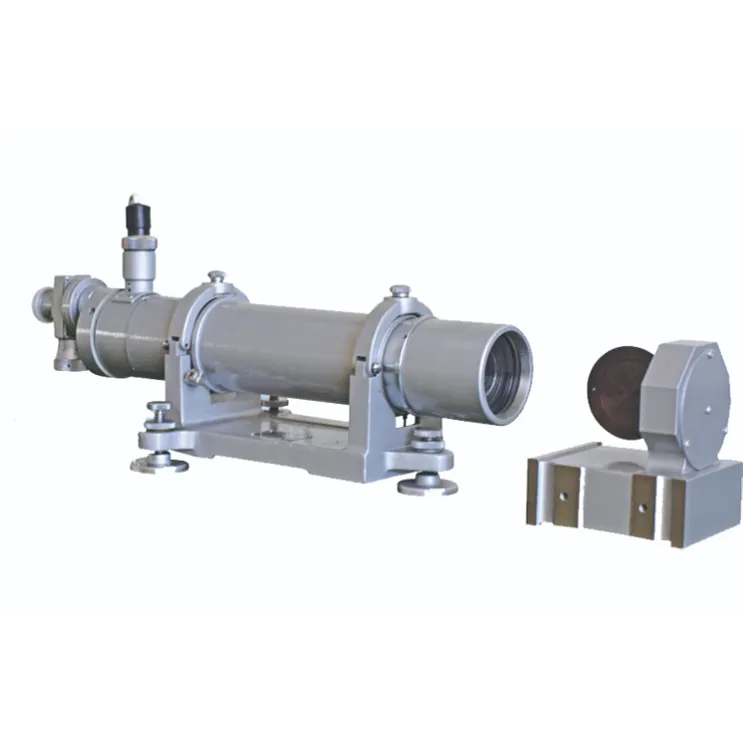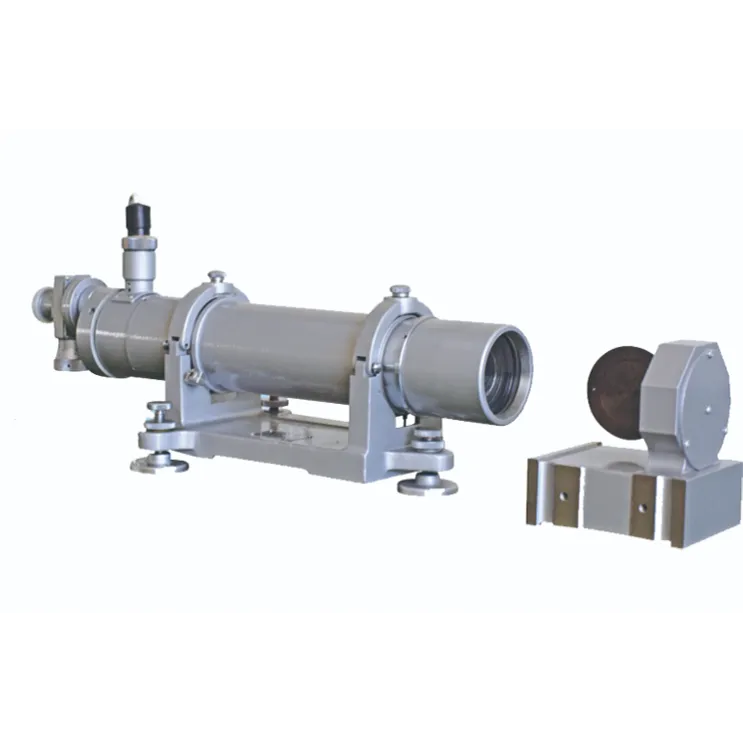
- Afrika
- basa Albania
- Amharik
- Arab
- Arménia
- Basa Azerbaijan
- Basque
- Bélarus
- Benggala
- Bosnia
- basa Bulgaria
- Katalan
- Cebuano
- Cina
- Korsika
- Kroasia
- Ceko
- Denmark
- Walanda
- Inggris
- Ésperanto
- Éstonia
- Finlandia
- Perancis
- Frisian
- Galician
- Georgian
- Jerman
- Yunani
- Gujarati
- Kréol Haiti
- Hausa
- Hawai
- Ibrani
- No
- Miao
- Hungaria
- Islandia
- igbo
- basa Indonésia
- Irlandia
- Italia
- Basa Jepang
- basa Jawa
- Kannada
- kazakh
- Khmer
- Rwandan
- Koréa
- Kurdi
- Kirgiz
- Buruh
- Latin
- Lativia
- Lituania
- Luksemburg
- Makedonia
- Malagasy
- Malayu
- Malayalam
- Malta
- Maori
- Marathi
- Mongol
- Myanmar
- Nepali
- Norwegia
- Norwegia
- Occitan
- Pashto
- Pérsia
- Polandia
- Portugis
- Punjabi
- Romania
- Rusia
- Samoan
- Gaelik Skotlandia
- Sérbia
- Inggris
- Shona
- Sindhi
- Sinhala
- Slowakia
- Slovénia
- Somali
- Spanyol
- Sundanese
- basa Swahili
- Swédia
- Tagalog
- Tajik
- Tamil
- Tatar Sunda
- Telugu
- Thai
- Turki
- Turkmén
- Ukrania
- Basa Urdu
- Uighur
- Uzbek
- Vietnam
- Welsh
- Tulung
- Yiddish
- Yoruba
- Zulu
Exploring Satellite Platforms and Communication Networks in Remote Sensing
With the ever-expanding utility of space-based data, the design and selection of satellite platforms in remote sensing have become fundamental to mission planning. Equally important is understanding the communication backbone—satellite networks—which enables the transfer of critical data from orbit to ground. From desain beus satelit to the concept of VSAT networks, this article explores how modern satellite architecture and communications power global connectivity and Earth observation.
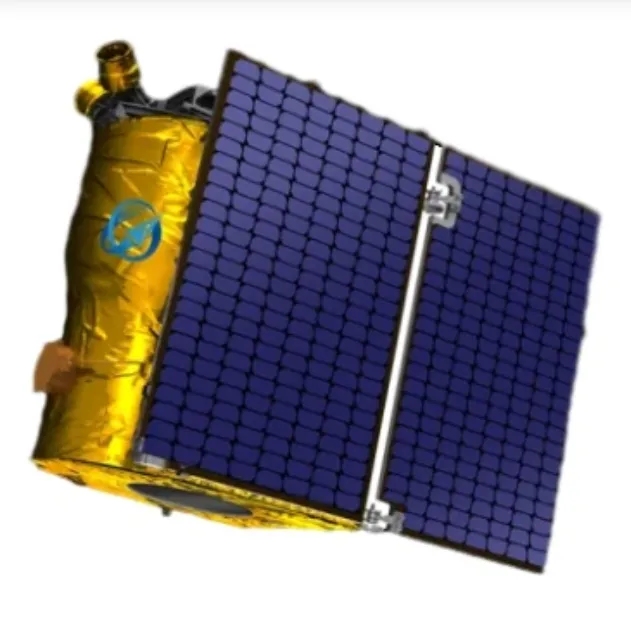
Satellite Platforms in Remote Sensing: A Mission-Driven Architecture
Satellite platforms in remote sensing serve as the structural and operational core that houses instruments used to monitor the Earth. Whether the mission is environmental tracking, agricultural monitoring, or disaster response, the performance of the platform satelit determines the reliability and clarity of collected data.
Key considerations when selecting a platform include:
Payload capacity
Orbit suitability (LEO, MEO, GEO)
Attitude and thermal control
Power supply and autonomy
Modern systems, including CubeSat platforms, offer compact, lower-cost alternatives for short-term or experimental missions, while larger platforms support high-resolution sensors and longer lifespans.
The Role of Satellite Bus Design and Manufacturers
The satellite bus is a core component of the platform. It includes subsystems such as propulsion, power, telemetry, and attitude control. Custom desain beus satelit ensures that a spacecraft can support its payload and mission objectives reliably and efficiently.
Top produsén beus satelit now provide:
Modular designs for faster integration
Custom buses tailored to unique mission requirements
Low-cost options for small satellite constellations
When evaluating ongkos beus satelit, clients must balance performance with budget. Variables such as size, launch mass, subsystem complexity, and operational duration all influence pricing. By working with experienced produsén beus satelit, organizations can minimize risks while maximizing technical performance.
What Is SATCOM and Why It’s Central to Satellite Networks
What is SATCOM? SATCOM, or satellite communications, refers to the use of satellite infrastructure to transmit signals over long distances. It is a core enabler for telecommunications, broadcasting, and satellite internet access.
Modern SATCOM systems include:
Transponders and antennas integrated into the satellite bus
Uplinks/downlinks for data exchange with ground stations
Low-latency communication systems for real-time applications
SATCOM also plays a critical role in remote sensing, where satellites must transmit large volumes of image and sensor data to Earth efficiently and reliably.
What Are Satellite Networks and How Do They Function?
What are satellite networks? A satellite network consists of space-based assets (satellites), ground stations, and user terminals that interact to provide communication, navigation, or Earth observation services.
To answer what is a satellite network in simple terms: it is a framework that allows satellites to share and route information. These networks can be:
Geostationary (GEO): For consistent coverage over specific regions
Low Earth Orbit (LEO): For high-speed, low-latency global access
Medium Earth Orbit (MEO): Often used for navigation systems like GPS
Di networking, what is satellite in networking refers to using space-based links as a medium to transmit data, especially when terrestrial infrastructure is unavailable.
What Is a VSAT Network and How Is It Used?
A VSAT network (Very Small Aperture Terminal) refers to a satellite communication system that uses small, dish-shaped antennas to send and receive data. Common in rural and remote areas, VSAT systems provide:
Broadband internet connectivity
Enterprise communication
Emergency and backup communication infrastructure
Understanding what is VSAT network is essential for industries operating in disconnected or infrastructure-poor environments. The system typically includes a hub station and many geographically dispersed user terminals, enabling two-way communication via satellite.
Final Thoughts
From efficient desain beus satelit to complex satellite networks, the infrastructure supporting remote sensing and communications is more advanced than ever. By collaborating with skilled produsén beus satelit and leveraging reliable SATCOM systems, organizations can access cost-effective, high-performance solutions for space-based operations.
As global demand for real-time data and remote monitoring grows, understanding the interplay between satellite platforms, networks, and communication technologies like VSAT will remain vital for space stakeholders.

